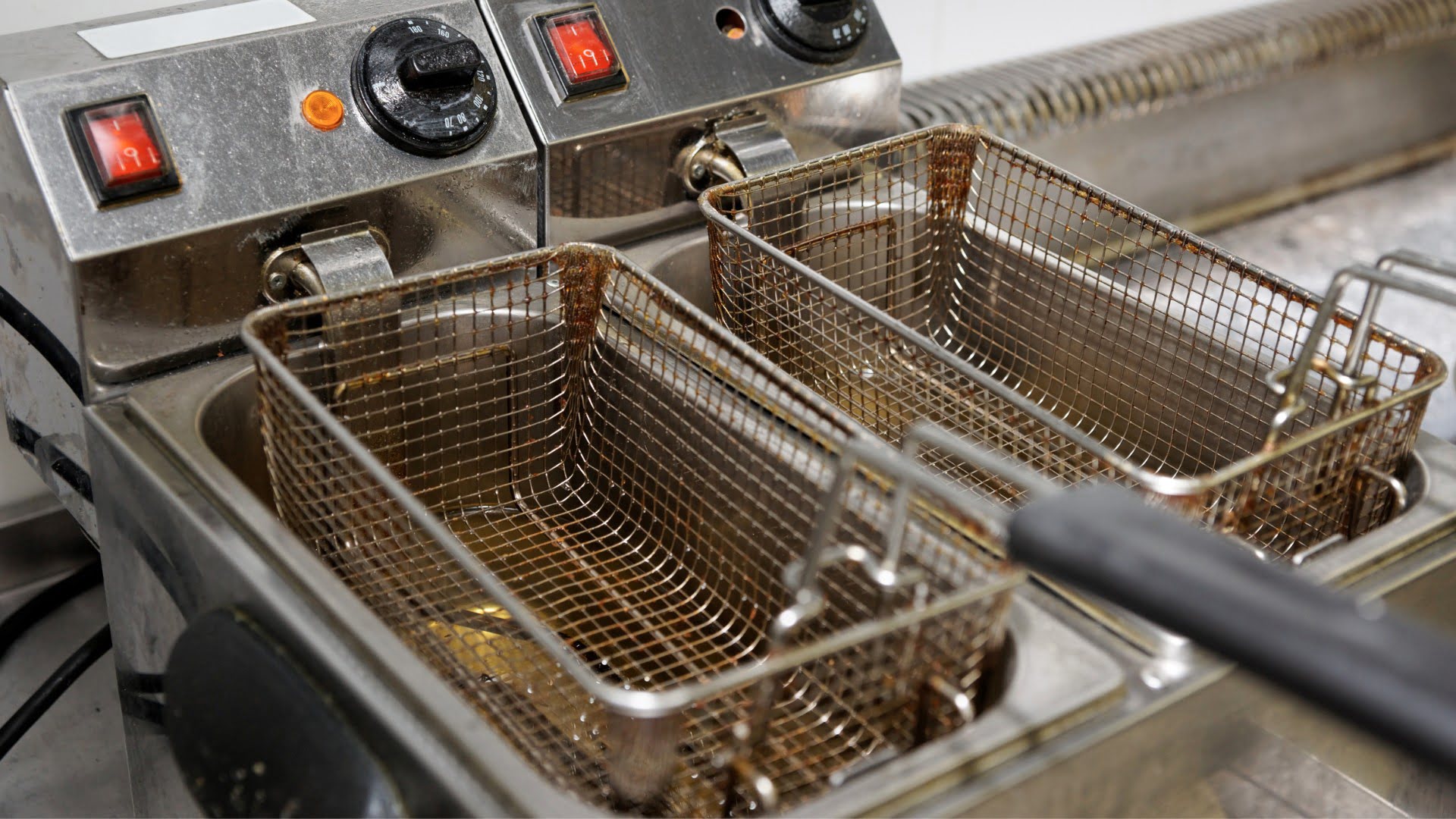

Articles
How Long Can You Keep Oil In A Deep Fryer
Modified: December 6, 2023
Discover how long you can safely store oil in a deep fryer with this informative article. Learn the best practices for maintaining oil quality and avoiding potential health risks.
(Many of the links in this article redirect to a specific reviewed product. Your purchase of these products through affiliate links helps to generate commission for Storables.com, at no extra cost. Learn more)
Introduction
Deep frying is a popular cooking method that adds delicious flavor and satisfying crunch to a wide range of dishes. Whether you’re frying up crispy French fries, golden chicken wings, or mouthwatering donuts, having a deep fryer can elevate your cooking game. However, to ensure the best results, it’s crucial to understand how long you can keep oil in a deep fryer before it becomes unusable.
There are various factors that can affect the shelf life of oil in a deep fryer, including the type of oil used, cooking temperature, frequency of use, and proper maintenance. By being aware of these factors and following best practices, you can extend the lifespan of your oil, save money, and maintain the quality of your fried foods. In this article, we’ll explore the different factors affecting the shelf life of oil, signs of expired oil, best practices for oil maintenance, and proper oil disposal and replacement.
Key Takeaways:
- Extend the lifespan of your deep fryer oil by choosing high smoke point oils, monitoring temperature, and proper filtration. Recognize signs of expiration to ensure safe and delicious frying results.
- Follow best practices such as avoiding oil overcrowding, cooling before storage, and considering oil additives to maintain oil quality. Dispose of used oil responsibly to minimize environmental impact and protect water sources.
Read more: What Oil To Use In Deep Fryer
Factors Affecting the Shelf Life of Oil in a Deep Fryer
Several factors can influence the shelf life of oil in a deep fryer. It’s important to understand these factors to ensure that your oil stays fresh and maintains its quality for as long as possible.
- Type of Oil: Different types of oil have varying levels of stability and smoke points. Oils with higher smoke points, like peanut, canola, or sunflower oil, tend to last longer than oils with lower smoke points, such as olive or avocado oil.
- Cooking Temperature: The temperature at which you heat the oil can greatly impact its lifespan. Using high heat for prolonged periods can cause the oil to break down more quickly.
- Cooking Frequency: The frequency at which you use your deep fryer also affects the shelf life of the oil. Frequent use can lead to the accumulation of food particles and moisture, which can result in faster oil degradation.
- Proper Filtration: Regularly filtering your oil is essential for removing impurities and extending its longevity. This process helps eliminate unwanted flavors and prevents the formation of harmful substances that can affect the taste and quality of your fried foods.
- Storage Conditions: Proper storage is key to maintaining the freshness of your oil. Oxidation can occur more rapidly when oil is exposed to heat, light, and air. It’s important to store your oil in a cool, dark place and in an airtight container to minimize degradation.
By being mindful of these factors and taking appropriate measures, you can significantly extend the shelf life of your oil, ensuring that it remains suitable for frying delicious foods.
Signs of Expired Oil
Knowing when your oil has expired is essential for maintaining food safety and achieving optimal frying results. Here are some signs to look out for that indicate your oil has gone bad:
- Unpleasant Odor: One of the first signs of expired oil is a rancid or unpleasant odor. If the oil smells off or has a strong, unpleasant scent, it is likely no longer suitable for use.
- Darkened Color: Over time, oil can darken in color, becoming darker and cloudier. If you notice a significant change in the color of your oil, it may be a sign of degradation.
- Increased Foaming: If your oil foams excessively when heated, it could be a sign of deteriorating quality. Excessive foaming can affect the texture and taste of fried foods.
- Noticeable Sediments: When oil breaks down, it can develop sediments at the bottom of the fryer or container. If you observe visible particles or solid material in your oil, it is best to discard it.
- Smoky or Burnt Taste: Expired oil can impart a smoky or burnt taste to your fried foods. If you notice an off-flavor or unusual taste, it’s a clear indication that the oil has deteriorated.
It’s important to remember that consuming expired oil can be harmful to your health. Using expired oil can lead to digestive issues and may increase the risk of developing certain health conditions. When in doubt, it’s better to err on the side of caution and dispose of any oil that shows signs of expiration.
Best Practices for Maintaining Oil Quality
To ensure the longevity and quality of your oil in a deep fryer, it’s important to follow these best practices:
- Strain and Filter Regularly: After each use, strain the oil to remove any food particles or residue. Additionally, consider using a fine-mesh strainer or cheesecloth to filter the oil to further remove impurities. This helps to prolong the oil’s lifespan and maintain its flavor.
- Monitor the Temperature: Avoid overheating the oil beyond its smoke point, as this can accelerate the breakdown process. Use a reliable thermometer to ensure that the oil remains within the recommended temperature range for frying.
- Avoid Mixing Different Oils: Mixing different types of oil can potentially affect the quality and smoke point of your frying oil. Stick to using a single type of oil or consult a professional to determine suitable oil combinations.
- Store Oil Correctly: Proper storage is essential for maintaining oil quality. Store your oil in a cool, dark place away from heat sources and direct sunlight. Ensure it is stored in an airtight container to minimize exposure to air, which can cause oxidation.
- Keep the Fryer Clean: Regularly clean your deep fryer to remove any built-up residue, dirt, and food particles. This prevents the accumulation of contaminants in the oil and helps maintain its freshness.
- Rotate the Oil: If you use your deep fryer frequently, consider rotating the oil. After several batches of frying, replace a portion of the oil with fresh oil to maintain its quality.
By following these best practices, you can extend the lifespan of your oil, preserve its quality, and ensure the best possible results when deep frying your favorite dishes. Regular maintenance and care will enhance the taste, texture, and overall satisfaction of your fried foods.
It is recommended to change the oil in a deep fryer after 8-10 uses or when it starts to develop a dark color, strong odor, or smoky flavor. Regularly filtering the oil can help extend its lifespan.
Extending the Lifespan of Oil in a Deep Fryer
If you want to get the most out of your oil and maximize its lifespan in your deep fryer, here are some tips to help you extend its usability:
- Use a Thermostat: Invest in a deep fryer with a built-in thermostat. This will allow you to maintain consistent and precise cooking temperatures, preventing unnecessary degradation of the oil.
- Don’t Overcrowd the Fryer: Avoid overcrowding the fryer with too much food at once. Excessive amounts of food can lower the temperature of the oil, leading to slower cooking times and greater oil absorption, which can accelerate oil breakdown.
- Monitor and Adjust Cooking Time: Keep an eye on the cooking time for different foods. Overcooking can cause the oil to deteriorate more rapidly. Follow recommended cooking times for each food item to prevent damaging the oil.
- Cool Before Storing: Allow the oil to cool down completely before storing it. Pouring hot oil into a container can cause condensation and moisture buildup, which can promote microbial growth and reduce the oil’s shelf life.
- Remove Solid Residue: After each use, clean the fryer thoroughly to remove any leftover food particles or sediments. These residues can accelerate oil degradation if left in the fryer.
- Consider Oil Additives: Certain oil additives can help extend the lifespan of your frying oil. Antioxidants such as citric acid or tocopherols can help slow down the oxidation process and maintain the oil’s stability.
By implementing these practices, you can significantly prolong the lifespan of your deep fryer oil, ensuring its quality for a longer period. Remember to always prioritize food safety and regularly assess the oil’s condition to avoid any potential health risks associated with using old or expired oil.
Read more: How Long Can You Keep Pomegranate Seeds
Proper Oil Disposal and Replacement
When the time comes to dispose of your used deep fryer oil, it’s important to do so properly and responsibly. Here are some guidelines to follow:
- Cool the Oil: Allow the oil to cool completely before handling it. Hot oil can cause burns, so exercise caution and give it enough time to reach a safe temperature.
- Strain the Oil: Before disposal, strain the oil to remove any food particles or debris. This step helps prevent clogs in drains and ensures proper disposal of the oil.
- Recycle or Reuse: Consider recycling the used oil if it is suitable for recycling in your area. Some communities and recycling centers accept used cooking oil for recycling into biofuels or other purposes. Alternatively, you can reuse the oil for non-food related purposes like lubricating tools or as an ingredient in homemade soap.
- Dispose in a Sealed Container: If recycling or reusing isn’t an option, transfer the cooled oil to a sealable container, such as a sturdy plastic or glass jar. Make sure the container is tightly sealed to avoid leaks or spills during transport.
- Check Local Regulations: Before disposing of the oil, check your local regulations regarding liquid waste disposal. Some areas have specific guidelines or designated collection points for used cooking oil.
- Replace with Fresh Oil: After disposing of the old oil, thoroughly clean the deep fryer and replace it with fresh oil. Starting with clean equipment and fresh oil ensures the best frying results and helps maintain the quality of your fried foods.
By following these proper disposal practices, you can minimize the environmental impact and potential clogging issues associated with used cooking oil. It’s important to prioritize sustainability and dispose of oil responsibly to protect our ecosystems and water sources.
Conclusion
Properly maintaining and extending the lifespan of oil in a deep fryer is crucial for achieving flavorful and crispy fried dishes. By understanding the factors that affect oil quality, recognizing signs of expiration, and following best practices, you can ensure that your oil remains fresh, safe, and suitable for cooking.
Factors such as the type of oil used, cooking temperature, frequency of use, and proper filtration all play a role in determining the shelf life of oil. By choosing the right oil, monitoring the temperature, filtering regularly, and storing it correctly, you can extend the lifespan of your oil and enhance the quality of your fried foods.
Recognizing the signs of expired oil, such as unpleasant odor, darkened color, increased foaming, noticeable sediments, and a smoky or burnt taste, is important for both food safety and taste. If your oil exhibits any of these signs, it’s best to discard it and replace it with fresh oil to ensure optimal frying results.
Following best practices, including proper filtration, avoiding overcrowding the fryer, monitoring cooking time, and considering oil additives, can help maintain the quality of your oil and extend its usability. Additionally, handling oil disposal responsibly by cooling it, straining it, recycling or reusing it, and properly sealing it in a container ensures a safe and eco-friendly disposal process.
In conclusion, by implementing these practices, you can prolong the lifespan of the oil in your deep fryer, save costs, and enjoy consistently delicious fried foods. Remember to prioritize food safety, regularly assess the condition of your oil, and dispose of it properly when it reaches its expiration point. With proper maintenance and care, you can make the most of your deep fryer and savor the mouthwatering delights of perfectly fried dishes.
Frequently Asked Questions about How Long Can You Keep Oil In A Deep Fryer
Was this page helpful?
At Storables.com, we guarantee accurate and reliable information. Our content, validated by Expert Board Contributors, is crafted following stringent Editorial Policies. We're committed to providing you with well-researched, expert-backed insights for all your informational needs.

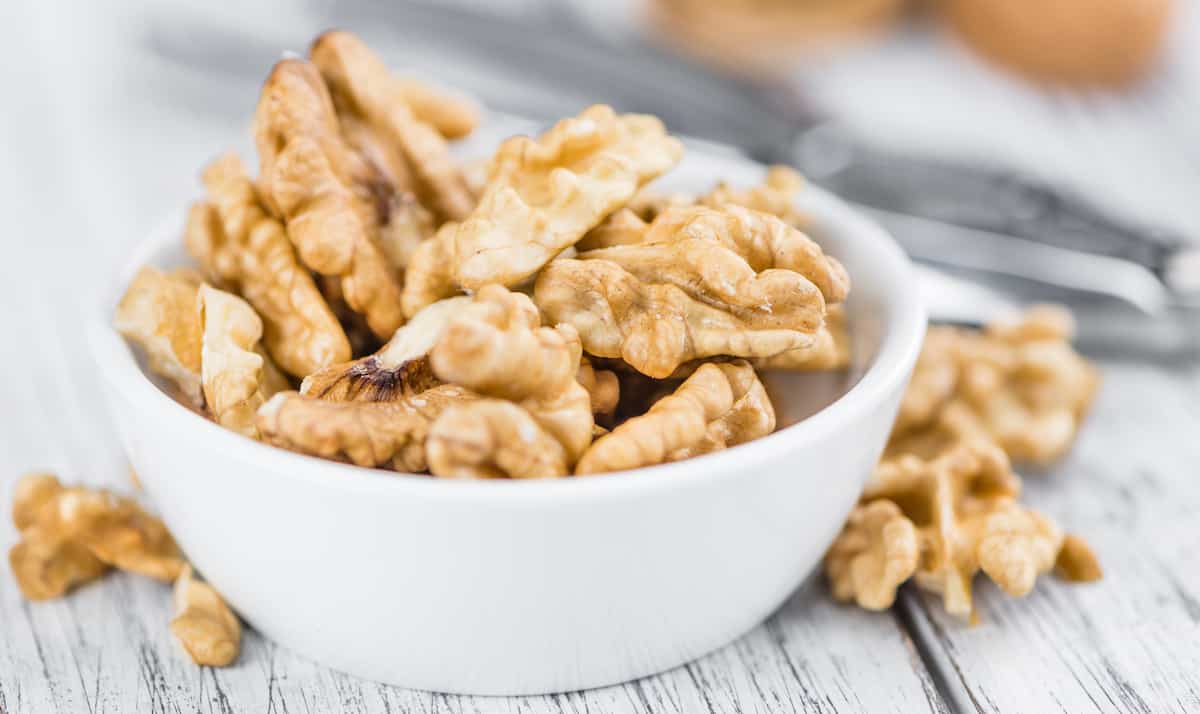
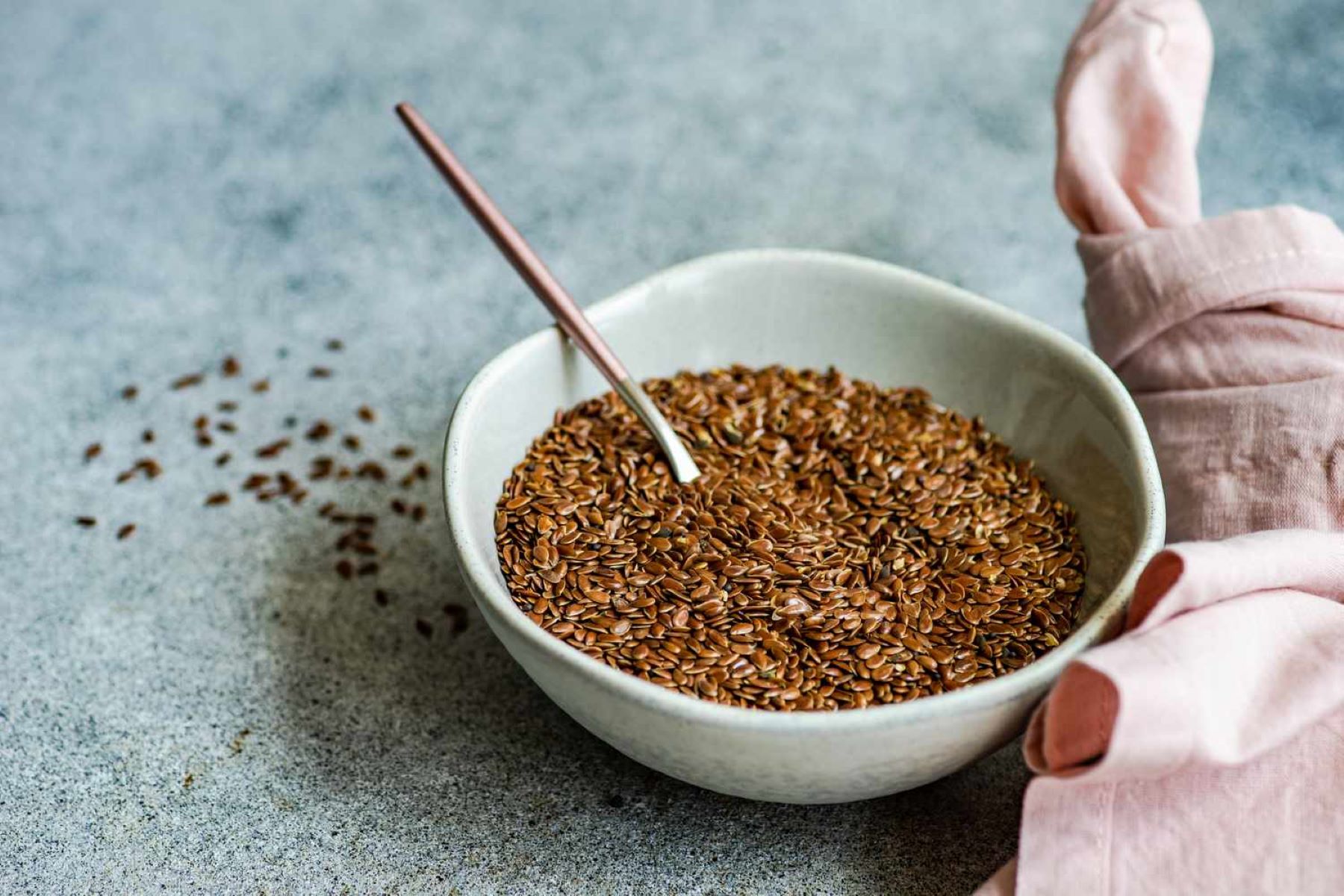


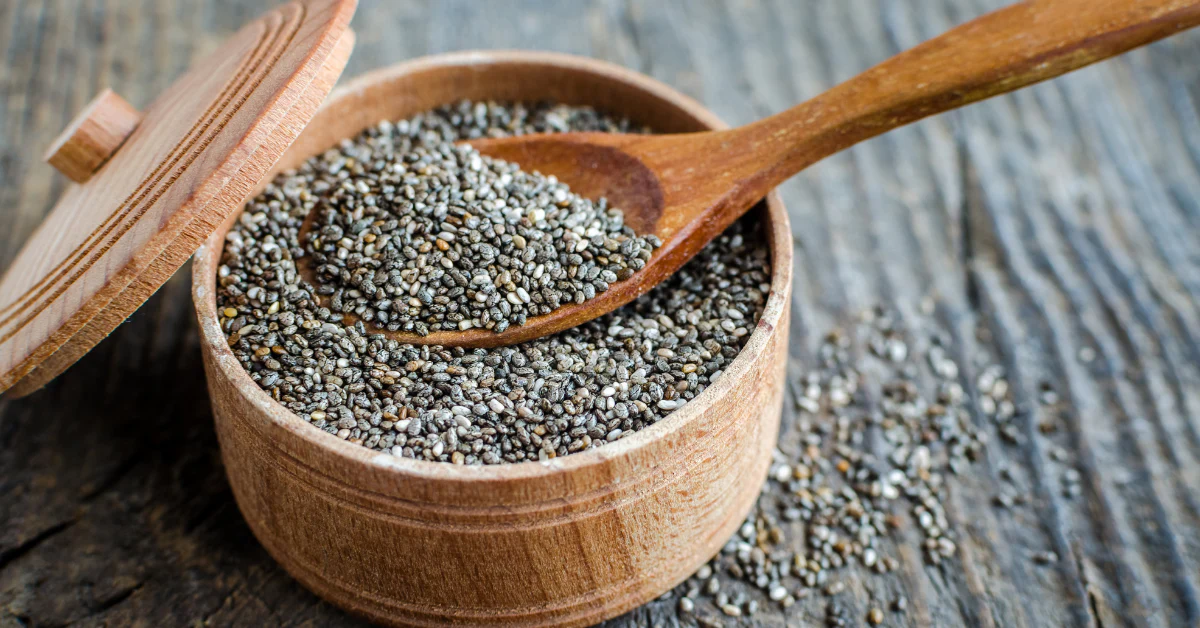

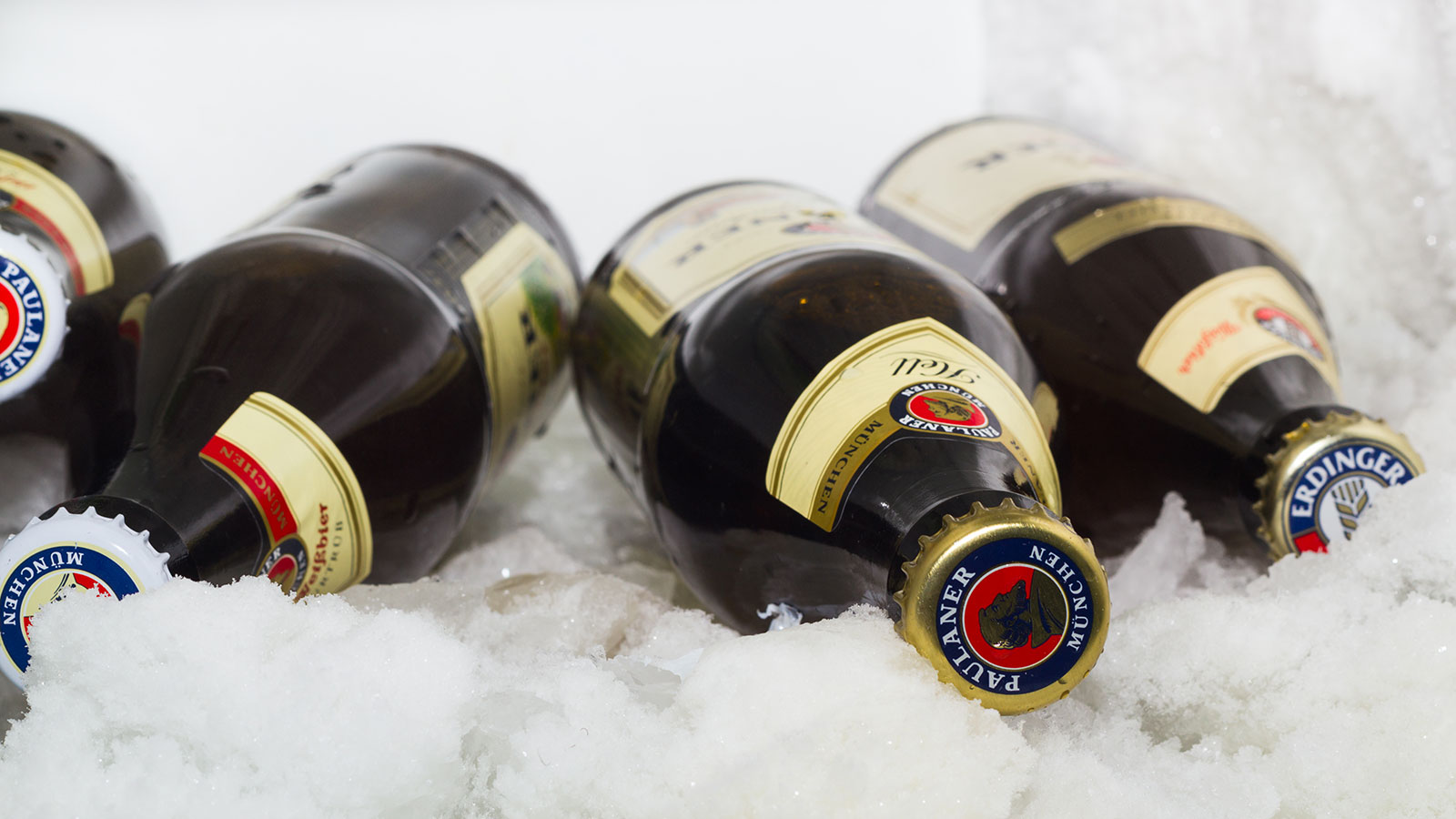


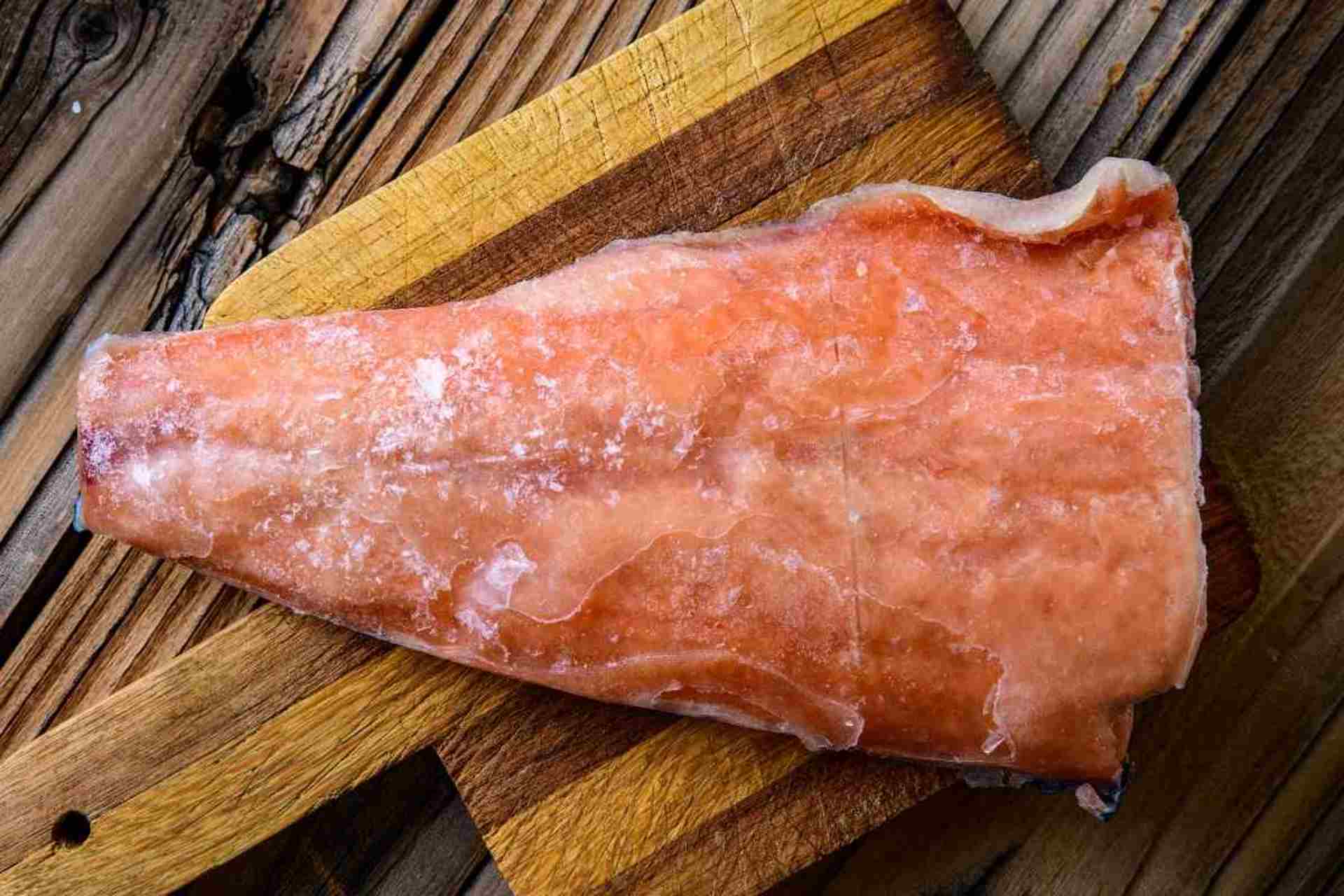
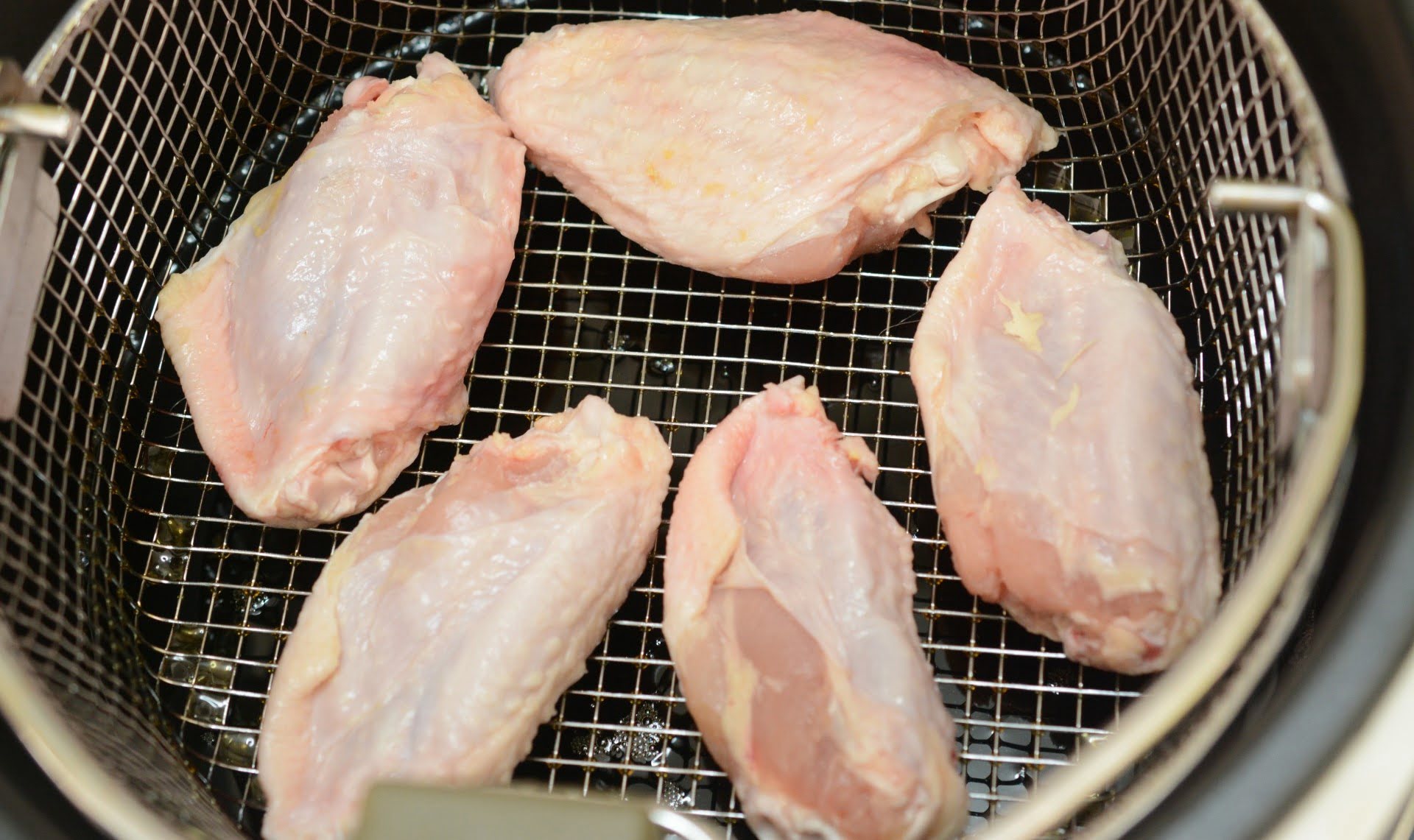

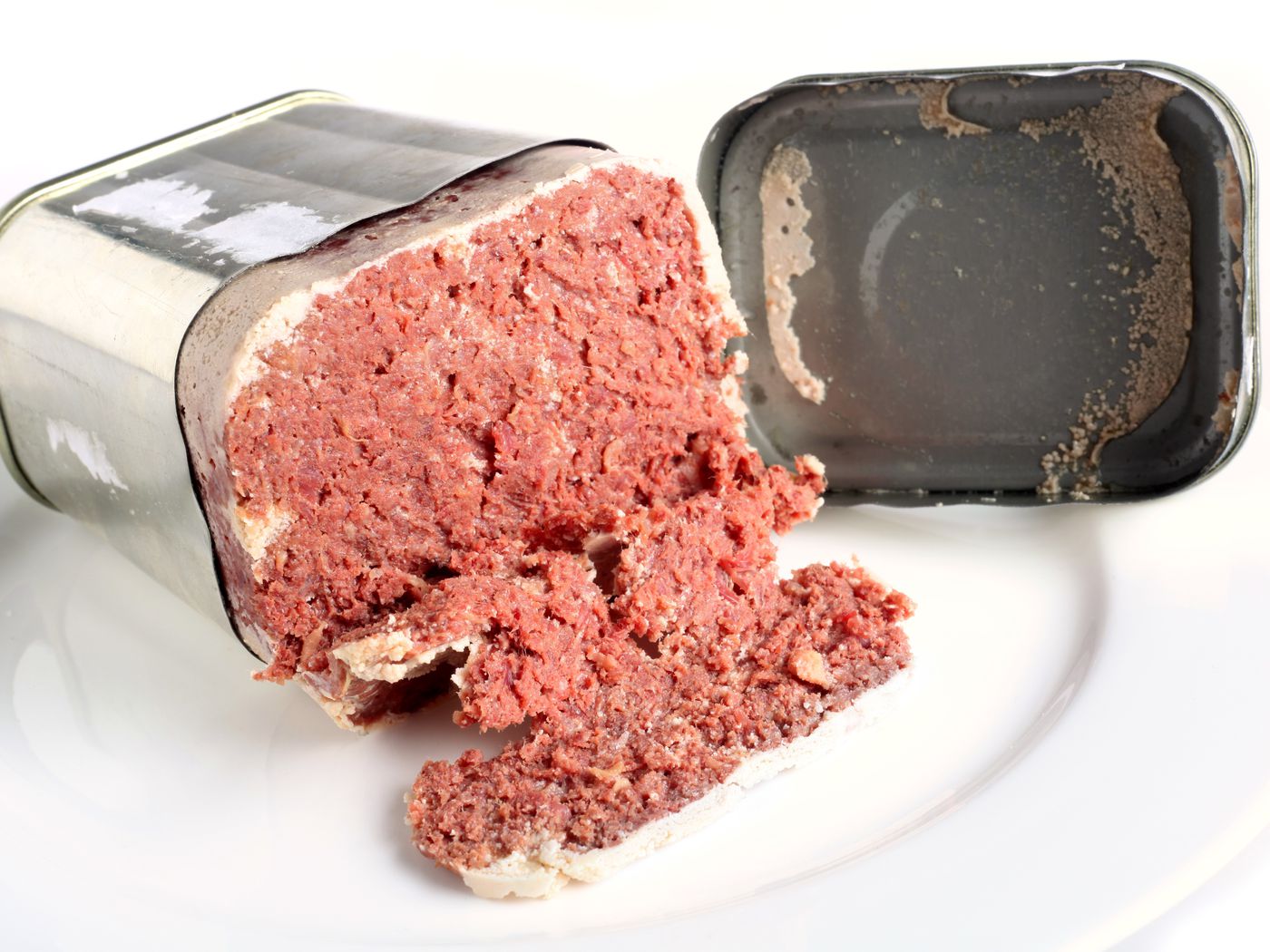

0 thoughts on “How Long Can You Keep Oil In A Deep Fryer”